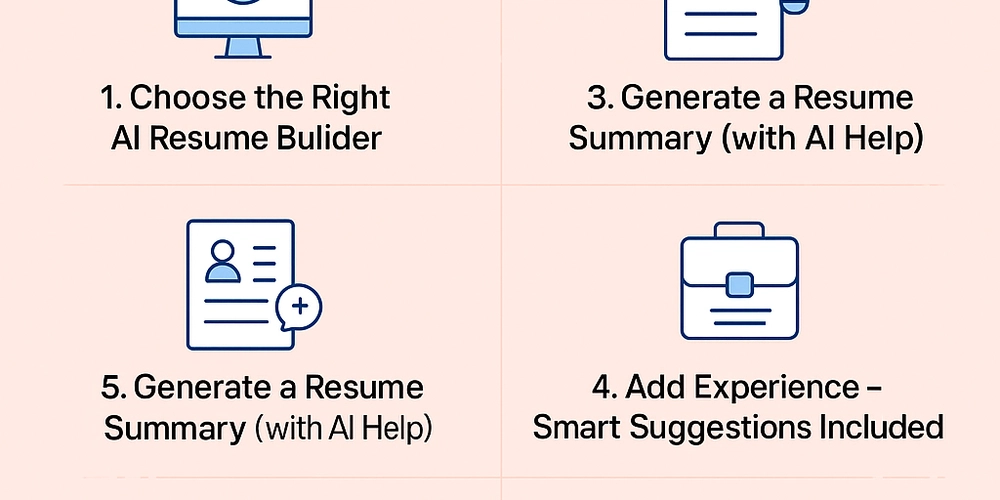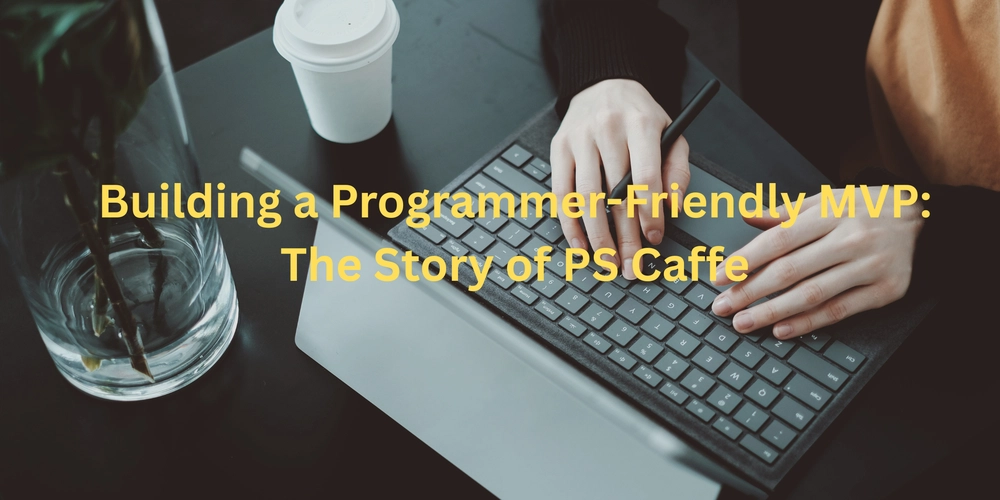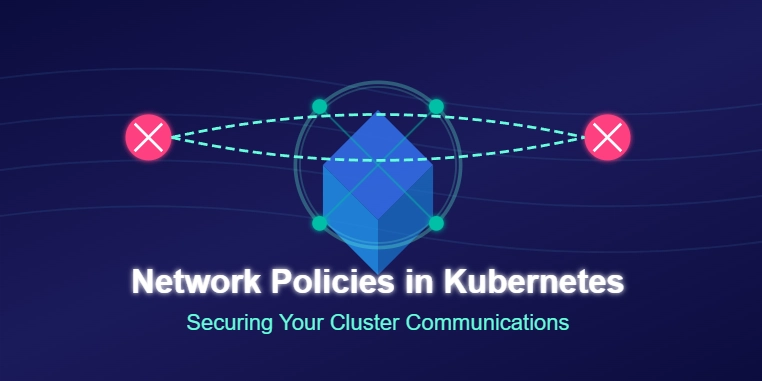The Ultimate Guide for Competitive Programming
(NB: Some users of dev.to are far better programming problem solvers than me. I'm more of an ace of all, master of none as my interests start from theoretical physics to pure math. But I composed this blog from my personal experience of C.P) Whether you're aiming to ace coding interviews, win international contests, or just fall in love with problem solving, this is your complete roadmap to becoming a competitive programming beast. No fluff. No confusion. Just the path, step by step. What Is Competitive Programming? Competitive Programming (CP) is a mind sport where you solve well-defined algorithmic problems under time constraints. Think of it like chess, but with code and logic puzzles. It's the breeding ground for elite problem solvers like Google Code Jam champions, IOI and IMO medalists, and legendary coders on platforms like Codeforces and AtCoder. Step 1: The Mindset Reset Before writing your first line of code, adopt these core beliefs: Consistency beats talent. Every bug is a lesson. Don’t fear failure—debug it. Speed comes after mastery. Start slow. Learn cleanly. Step 2: Set Up Your Arsenal Programming Language: C++ (most popular for CP: STL, speed) Alternatives: Python (good for beginners), Java (OK, but verbose) Tools: VS Code / Sublime / Geany – Fast local editors Online Judges – Codeforces, AtCoder, LeetCode (for interviews), CodeChef, CSES CP Editor / Vim + Competitive Companion – For faster testing Step 3: The Climb — Roadmap by Rating Beginner (0–1200): Learn I/O, loops, conditionals, arrays, functions Practice: A level problems on Codeforces, CSES Problem Set (intro section) Focus: Brute-force, simulation, basic math Intermediate (1200–1600): Learn: Prefix sums, binary search, greedy, two pointers Start implementing your own algorithms Solve B and C level problems Advanced (1600–2000+): Master: DP, trees, graphs (BFS/DFS), number theory, combinatorics, geometry Practice: D and E problems, virtual contests Master (2000+): Deepen knowledge: Segment trees, Fenwick trees, FFT, flows, HLD, centroid, line sweep Join ICPC, Codeforces Div 1, AtCoder Grand Contests Read editorials after solving — not before

(NB: Some users of dev.to are far better programming problem solvers than me. I'm more of an ace of all, master of none as my interests start from theoretical physics to pure math. But I composed this blog from my personal experience of C.P)
Whether you're aiming to ace coding interviews, win international contests, or just fall in love with problem solving, this is your complete roadmap to becoming a competitive programming beast. No fluff. No confusion. Just the path, step by step.
What Is Competitive Programming?
Competitive Programming (CP) is a mind sport where you solve well-defined algorithmic problems under time constraints. Think of it like chess, but with code and logic puzzles. It's the breeding ground for elite problem solvers like Google Code Jam champions, IOI and IMO medalists, and legendary coders on platforms like Codeforces and AtCoder.
Step 1: The Mindset Reset
Before writing your first line of code, adopt these core beliefs:
- Consistency beats talent.
- Every bug is a lesson. Don’t fear failure—debug it.
- Speed comes after mastery. Start slow. Learn cleanly.
Step 2: Set Up Your Arsenal
Programming Language:
- C++ (most popular for CP: STL, speed)
- Alternatives: Python (good for beginners), Java (OK, but verbose)
Tools:
- VS Code / Sublime / Geany – Fast local editors
- Online Judges – Codeforces, AtCoder, LeetCode (for interviews), CodeChef, CSES
- CP Editor / Vim + Competitive Companion – For faster testing
Step 3: The Climb — Roadmap by Rating
Beginner (0–1200):
- Learn I/O, loops, conditionals, arrays, functions
- Practice:
Alevel problems on Codeforces, CSES Problem Set (intro section) - Focus: Brute-force, simulation, basic math
Intermediate (1200–1600):
- Learn: Prefix sums, binary search, greedy, two pointers
- Start implementing your own algorithms
- Solve
BandClevel problems
Advanced (1600–2000+):
- Master: DP, trees, graphs (BFS/DFS), number theory, combinatorics, geometry
- Practice:
DandEproblems, virtual contests
Master (2000+):
- Deepen knowledge: Segment trees, Fenwick trees, FFT, flows, HLD, centroid, line sweep
- Join ICPC, Codeforces Div 1, AtCoder Grand Contests
- Read editorials after solving — not before




























![[Webinar] AI Is Already Inside Your SaaS Stack — Learn How to Prevent the Next Silent Breach](https://blogger.googleusercontent.com/img/b/R29vZ2xl/AVvXsEiOWn65wd33dg2uO99NrtKbpYLfcepwOLidQDMls0HXKlA91k6HURluRA4WXgJRAZldEe1VReMQZyyYt1PgnoAn5JPpILsWlXIzmrBSs_TBoyPwO7hZrWouBg2-O3mdeoeSGY-l9_bsZB7vbpKjTSvG93zNytjxgTaMPqo9iq9Z5pGa05CJOs9uXpwHFT4/s1600/ai-cyber.jpg?#)













































































































































![[The AI Show Episode 144]: ChatGPT’s New Memory, Shopify CEO’s Leaked “AI First” Memo, Google Cloud Next Releases, o3 and o4-mini Coming Soon & Llama 4’s Rocky Launch](https://www.marketingaiinstitute.com/hubfs/ep%20144%20cover.png)




































































































































































































![Rogue Company Elite tier list of best characters [April 2025]](https://media.pocketgamer.com/artwork/na-33136-1657102075/rogue-company-ios-android-tier-cover.jpg?#)








































































_Andreas_Prott_Alamy.jpg?width=1280&auto=webp&quality=80&disable=upscale#)




























































































![What’s new in Android’s April 2025 Google System Updates [U: 4/18]](https://i0.wp.com/9to5google.com/wp-content/uploads/sites/4/2025/01/google-play-services-3.jpg?resize=1200%2C628&quality=82&strip=all&ssl=1)










![Apple Watch Series 10 Back On Sale for $299! [Lowest Price Ever]](https://www.iclarified.com/images/news/96657/96657/96657-640.jpg)
![EU Postpones Apple App Store Fines Amid Tariff Negotiations [Report]](https://www.iclarified.com/images/news/97068/97068/97068-640.jpg)
![Apple Slips to Fifth in China's Smartphone Market with 9% Decline [Report]](https://www.iclarified.com/images/news/97065/97065/97065-640.jpg)


































































































































